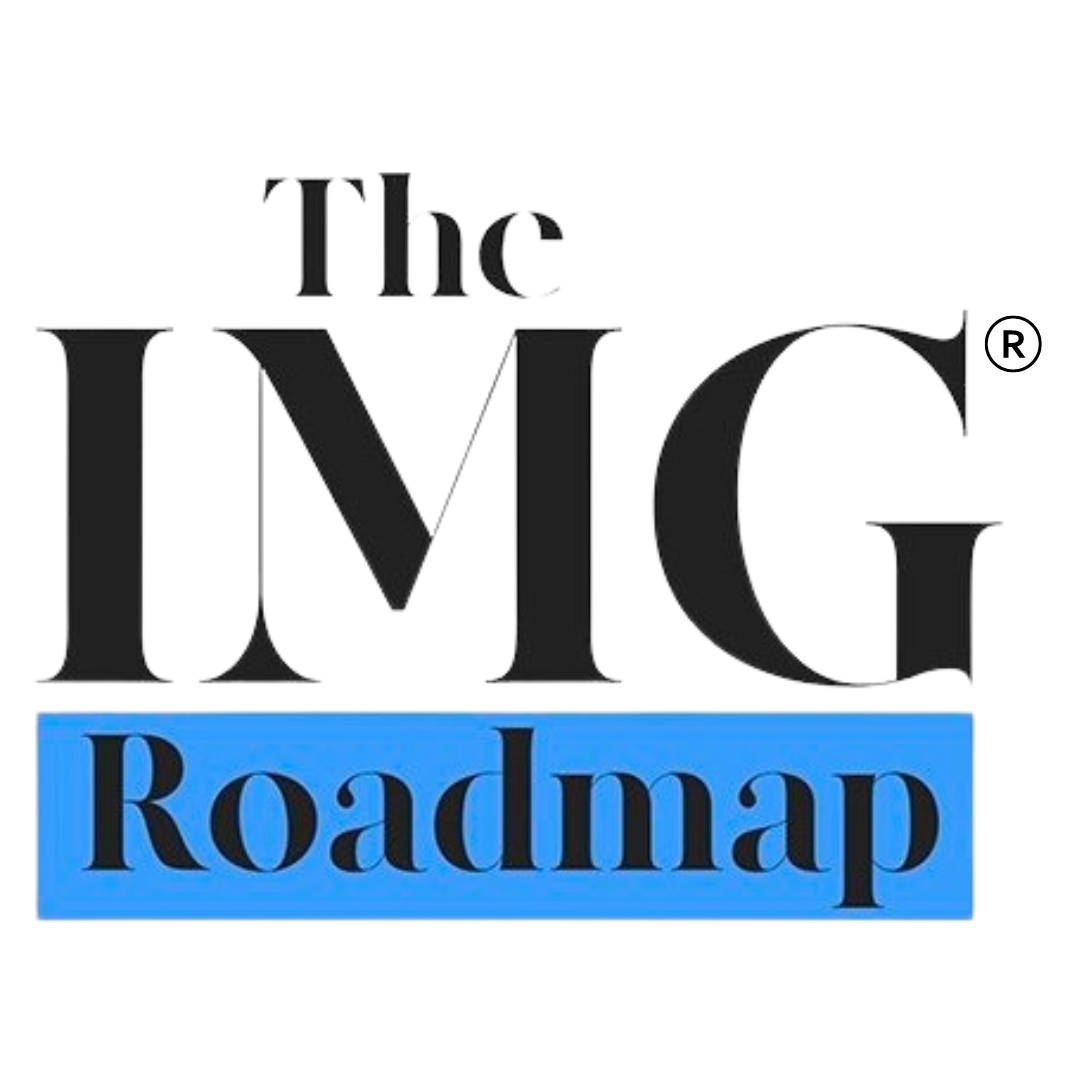The IMG Roadmap Series #4: Dr. Be Dazzled (FM).
img_6463
Today's IMG hero is one that is close to my heart. We graduated from the same residency program back in 2015. He is different from me in that, he is a US citizen who also graduated from one of the better Caribbean Medical Schools (hint Grenada). He is currently practicing on the North-East where he lives happily with his wife who is also a previous IMG -- now Anesthesiologist (maybe we will get her on the blog for a Q&A soon).I enjoyed doing this Q&A because he spoke on a matter that I get a lot of questions on, which is "whether to go to an offshore medical school or not". If you are in the pre-medical phase and battling with this question, chew this one up. If you are already knee-deep in the IMG process, remember like me, Dr. A and Dr. B, there is hope for you too!Thank you Doctor, for accepting to be interviewed by theencouragingdoc.com. We will jump right into the Q& A.Dr. Lum: Please tell us a bit about yourself.Dr. B: I was born in NYC and attended NYU. I spent my years following university studying abroad and working in fields outside medicine. I eventually decided to pursue medicine and choose SGU (St. George's University) and graduated from there in 2011.Dr. Lum: What specialty do you currently practice in?Dr. B: Hospital Medicine with Family Medicine training.Dr. Lum: Can you tell us about your step 1 process? When did you take it, what score did you obtain and the study techniques you used.Dr. B: I took step 1 in 2009, scored a 228. I used First Aid for the boards, USMLE world question bank, and First Aid Question Bank.Dr. Lum: How about step 2 and Step 3?Dr. B: I took step 2 in 2011, scored 220 on this one. I studied using USMLE world again and First Aid for Step 2. As for step 3, I took that in 2013, obtained a score of 218 and I believe clinical work in residency was great preparation along with the USMLE world question bank.Dr. Lum: Did you take either one of these tests more than once?Dr. B: NoDr. Lum: In summary, what study techniques/resources/question banks/books do you attribute to your success on the USMLE?Dr. B:First Aid and large amounts of questions performed repeatedlyDr. Lum: Did you participate in clinical rotations at any US hospital prior to match day? Was this helpful to your match process? If so, please explain.Dr. B: Yes. SGU arranged my clinical rotations, all of which were in the US.Dr. Lum: Did you participate in research or an observership at any US hospital? Can you share what you learned from this experience? Was it beneficial to how you matched?Dr. B:No I did not.Dr. Lum: Looking back at the journey to get to where you are at, what advice would you give to yourself looking back at the process? What is your mantra for your success thus far?Dr. B:The advice changes for those in a foreign school versus those starting the application process to medical school. I would recommend to the later to take time off after college if needed to score the best possible on the MCAT. It is becoming more significant to attend a US medical school today than ever before. For those that are already attending foreign schools, the competition has become drastically more intense. It would behoove anyone in this situation to score the best as possible on the USMLE step 1 and step 2. If needed take time off after graduating from medical school to arrange observerships at programs favorable to accepting foreign graduates. Also, to obtain published research in large quantity if able.Dr. Lum: Thank you, Dr. B, for your time.As you all know I graduated from a Caribbean medical school but I rarely ever recommend for anyone deciding to go to medical school to pick this route. This is because the atmosphere is changing. Yes, there are many more of us IMGs who are succeeding in our career paths, but there are also a few who dropped out because they could never secure a residency program. This is a rare occurrence among US graduates, even those with student visas.As from 2023 the ECFMG (governing authority that verifies and credentials all graduates of medical schools outside of the USA) will begin a stringent process which has the potential to indirectly limit IMG's from matching into US residencies. They will begin verifying only graduates based on their medical schools. They will do this by only granting authorization to graduates from schools that are accredited according to their standards. A statement on the World Federation for Medical Accreditation website indicates that only graduates from accredited medical schools would be eligible for ECFMG certification. Without ECFMG certification one cannot obtain a medical license to practice and/or sit for step 3.This means; if you are in the process of selecting medical schools, take Dr. B's recommendation seriously. Do exceptionally well on the MCAT so you get invited to interviews at US medical schools! This will likely be the way of the future especially once DO and MD training accreditation merges! That will be a post for another day!Got questions for Dr. B? Ask below ...

